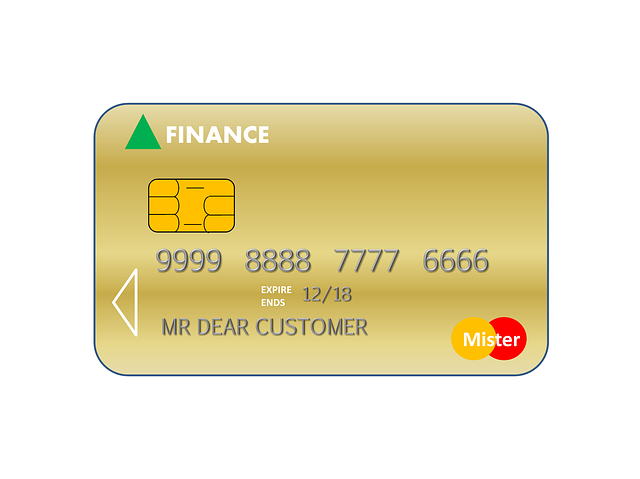In a competitive real estate market, credit report errors can hinder purchasing power due to higher interest rates or loan denials. Regularly reviewing and disputing inaccuracies with credit bureaus is crucial for buyers to improve borrowing potential, save money, and streamline the purchase process. Maintaining an error-free credit report enhances financial health, credibility, and access to better loan terms, ultimately benefiting both real estate buyers and sellers.
“Uncover the hidden challenges that could impact your real estate journey with a simple yet powerful tool—your credit report. This comprehensive guide delves into the world of credit report errors, revealing their significant effects on real estate transactions. Learn how misconceptions can lead to denied mortgages or lower interest rates. We provide an easy, step-by-step process for checking and correcting these errors, empowering buyers and sellers alike to navigate the market with confidence. Take control and ensure a smooth path to your dream home.”
Understanding Credit Report Errors and Their Impact on Real Estate Transactions

Credit report errors, while seemingly minor, can have significant implications for individuals seeking to purchase property in the real estate market. These errors can distort an individual’s financial standing, often leading to higher interest rates or even denial of mortgage applications. Inaccurate information, such as late payments listed where none occurred or accounts closed prematurely, can create a false negative impression, making it difficult for buyers to secure favorable financing options.
For real estate transactions, where creditworthiness is a critical factor, ensuring the accuracy of one’s credit report is essential. Buyers should regularly review their reports for any discrepancies and dispute them promptly with the relevant credit bureaus. Correcting these errors can significantly improve borrowing potential, potentially saving buyers thousands over the life of a mortgage and making the real estate purchasing process smoother and more successful.
Checking Your Credit Report: A Step-by-Step Guide

Checking your credit report is a crucial step in maintaining and improving your financial health, especially if you’re in the real estate market. Here’s a simple guide to help you navigate this process effectively. Start by obtaining your free annual credit report from one of the major credit bureaus (Equifax, Experian, or TransUnion). You can request these reports online through AnnualCreditReport.com. Once received, review each section carefully. Look for any inaccuracies, such as accounts you didn’t open, incorrect balances, or late payments that weren’t your doing. If errors are found, dispute them immediately by submitting a dispute form directly to the credit bureau and providing supporting documentation.
Keep track of the dispute process and follow up regularly until the issue is resolved. This may take some time, but ensuring accuracy in your credit report is essential. A small error can significantly impact your credit score, affecting your ability to secure favorable loan terms for a home purchase or refinance. So, don’t skip this vital step; staying on top of your credit report is key to securing your financial future in the real estate market.
Correcting Credit Report Inaccuracies: Effective Strategies for Real Estate Buyers and Sellers

For real estate buyers and sellers, maintaining an accurate credit report is crucial. Inaccurate information can significantly impact financing options and overall market competitiveness. When errors are discovered, prompt correction is essential to ensure fair lending practices. The first step is to obtain a free copy of your credit report from the major credit bureaus to verify any discrepancies.
Effective strategies include disputing errors directly with the credit bureau, providing supporting documentation, and regularly monitoring reports for updates. Addressing inaccuracies can take time, but it’s vital for securing favorable loan terms. In the real estate sector, where transactions are often substantial, an error-free credit report enhances credibility and opens doors to better financing opportunities.






